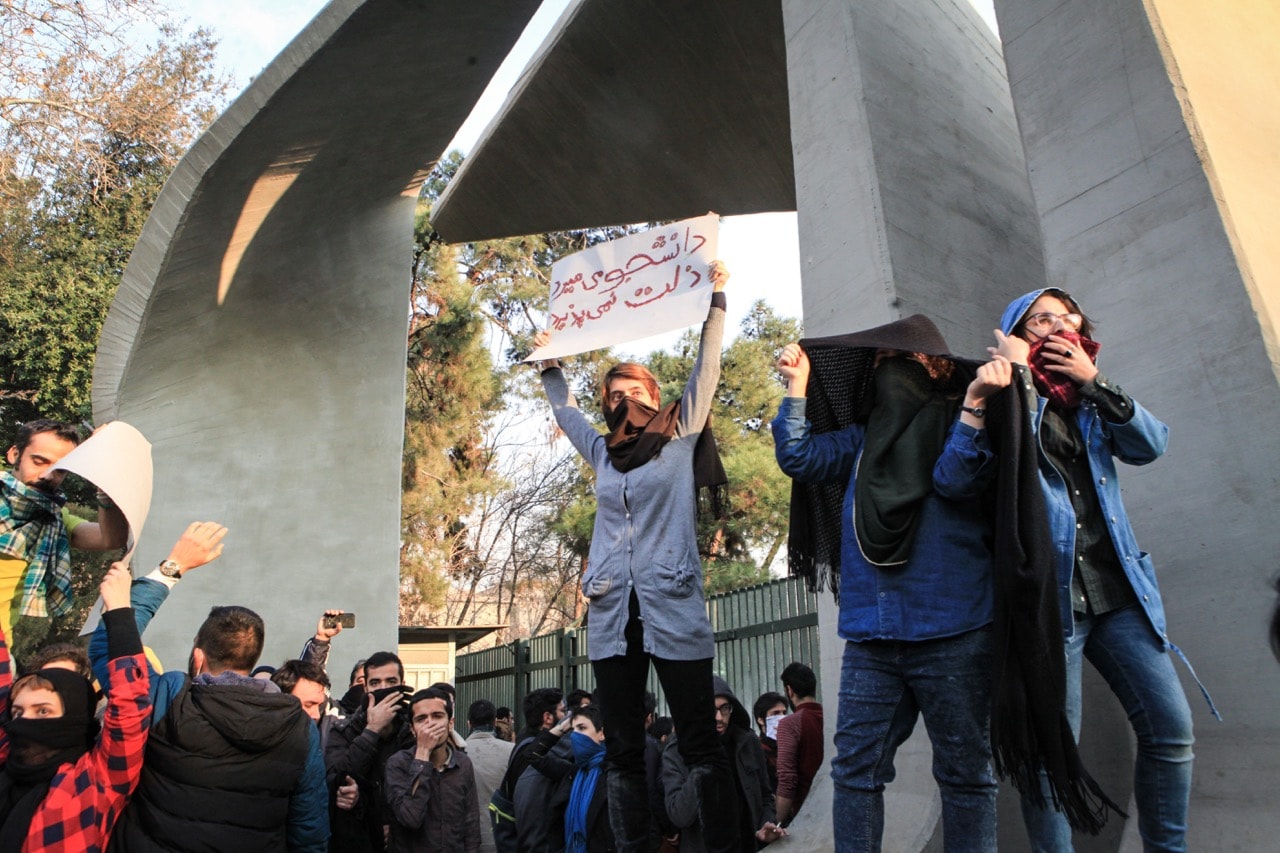
MENA governments bent on shutting down political expression
In a month that included a malware surveillance campaign in Lebanon, Telegram being blocked in Iran and crackdowns in Tunisia, the release of Hisham Al-Omeisy was a welcome bit of good news.
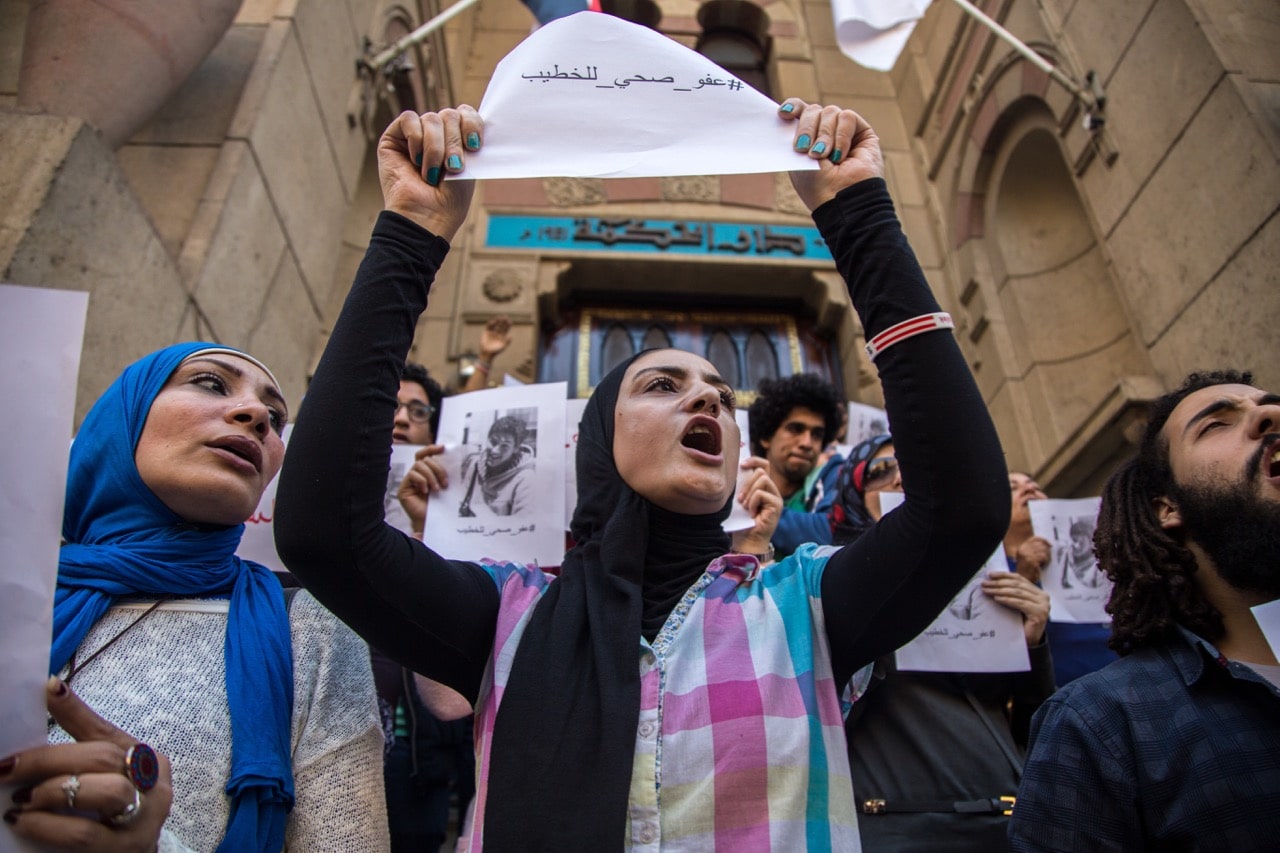
Life after sentencing for MENA’s political detainees
In December, MENA activists focused on the plight of political detainees serving lengthy and unjust sentences in obscurity.
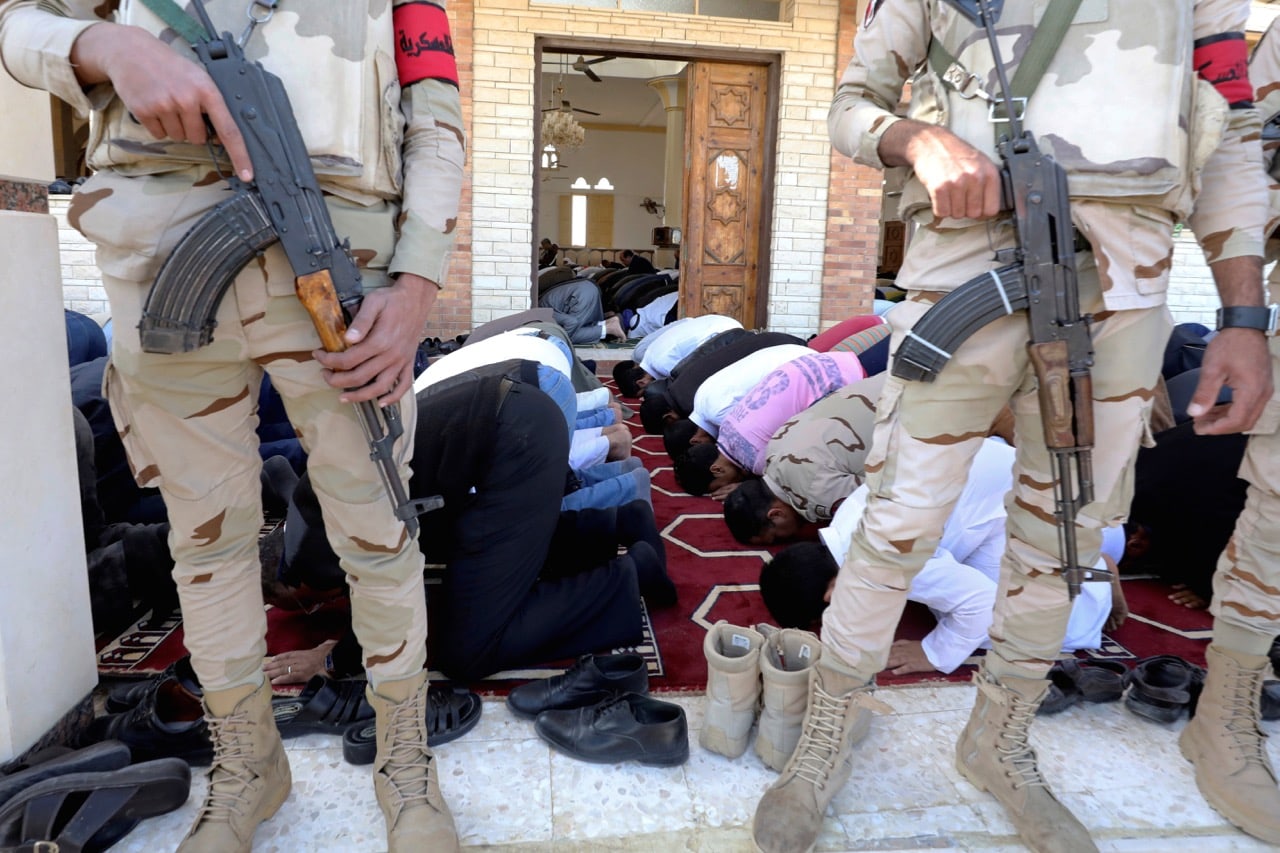
Unapologetic crackdowns on dissent as greater instability rocks MENA
As the saga of Saudi’s hunted elites commanded attention across the Middle East and North Africa this November, news of the region’s less powerful prey fell by the wayside. Authorities in Kuwait, Bahrain, Libya, Morocco, and Egypt went after protesters, journalists, and human rights defenders critical of their regimes.
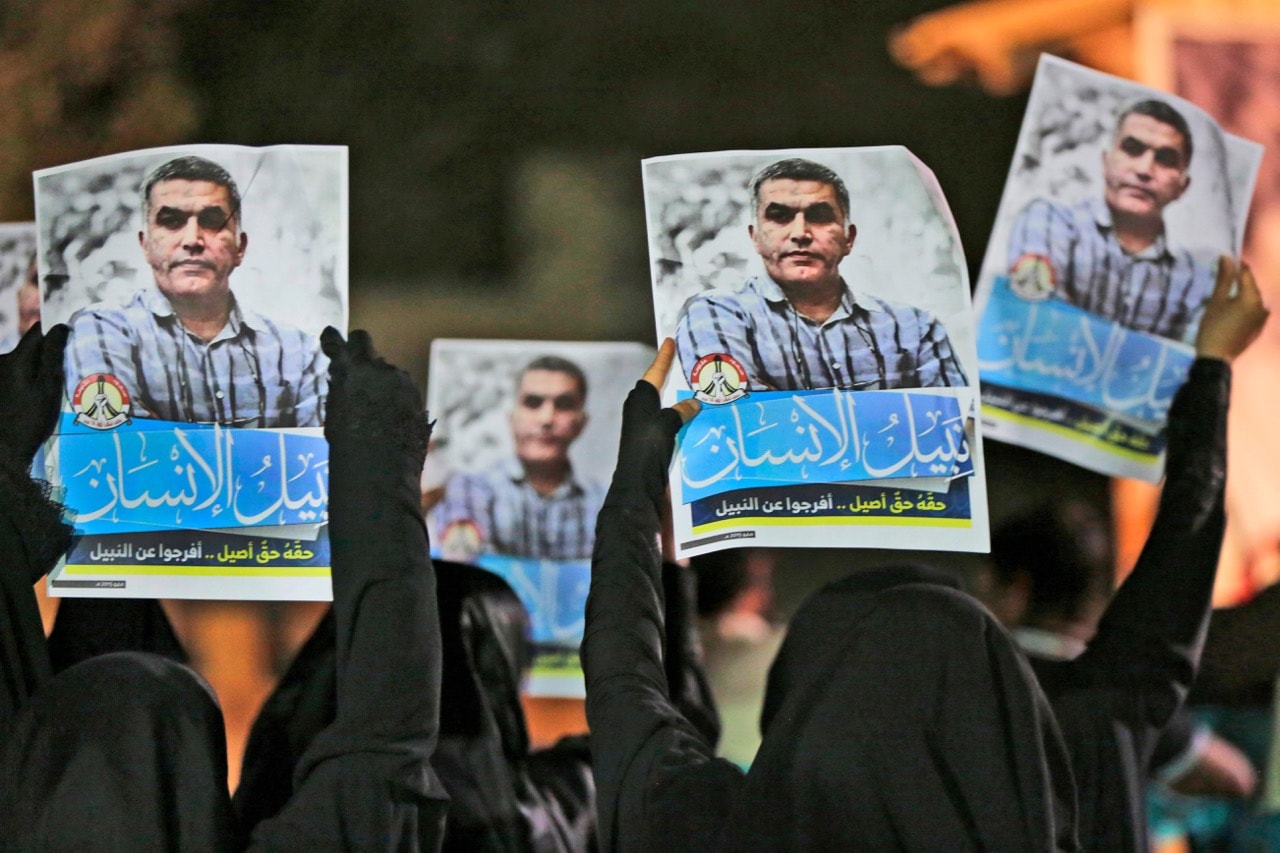
How repressive Arab regimes are expanding their reach
Our Middle East and North Africa round-up spotlights Bahrain’s first military trial of civilians since 2011, a growing crackdown on members of Egypt’s LGBTQI+ community, and a new player restricting Iranians’ internet access.
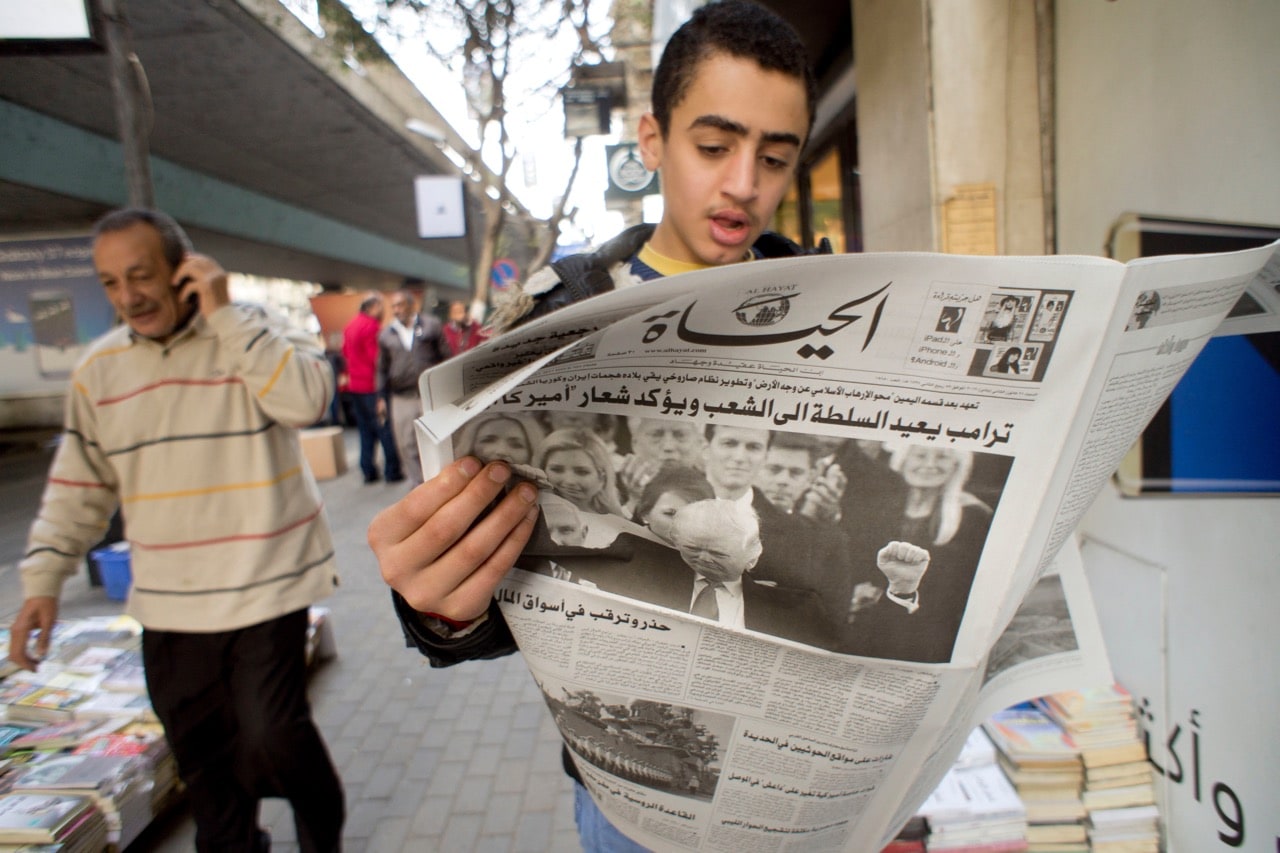
Attacks, abuses of power & shrinking civic space: September in the MENA region
Our monthly roundup spotllghts Egypt’s latest efforts to control the media (and rainbow flags), the Kurdish referendum (and aftershocks), a campaign to tackle self-censorship in Palestine and much more.
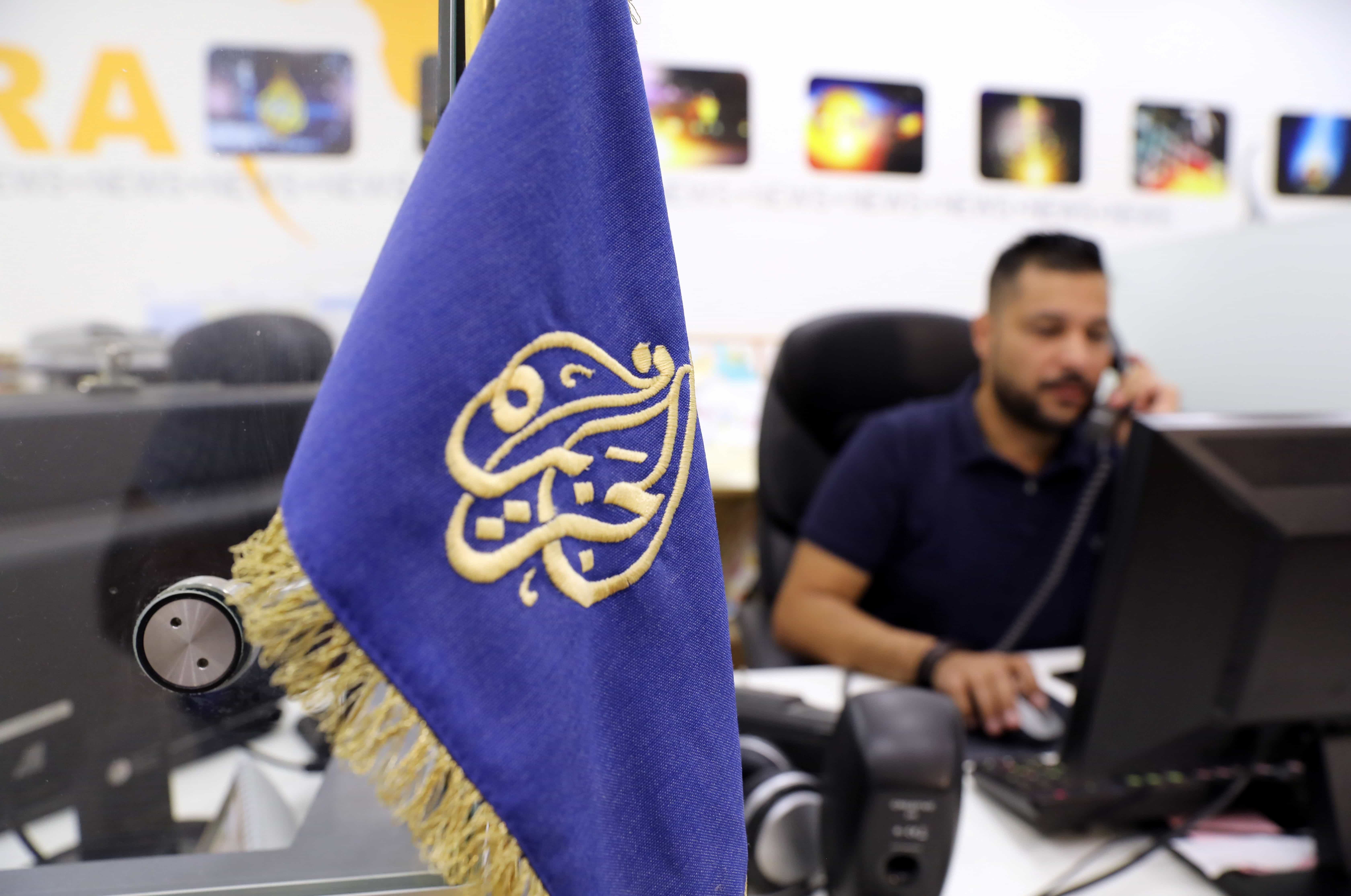
No August reprieve for journalists and activists in the Middle East and North Africa
Whether authoritarian regimes, so-called democracies or warring armed groups, those who wield power in the Middle East and North Africa have taken internet censorship to new levels and stepped up their individual campaigns against critics, journalists, and opponents this month.
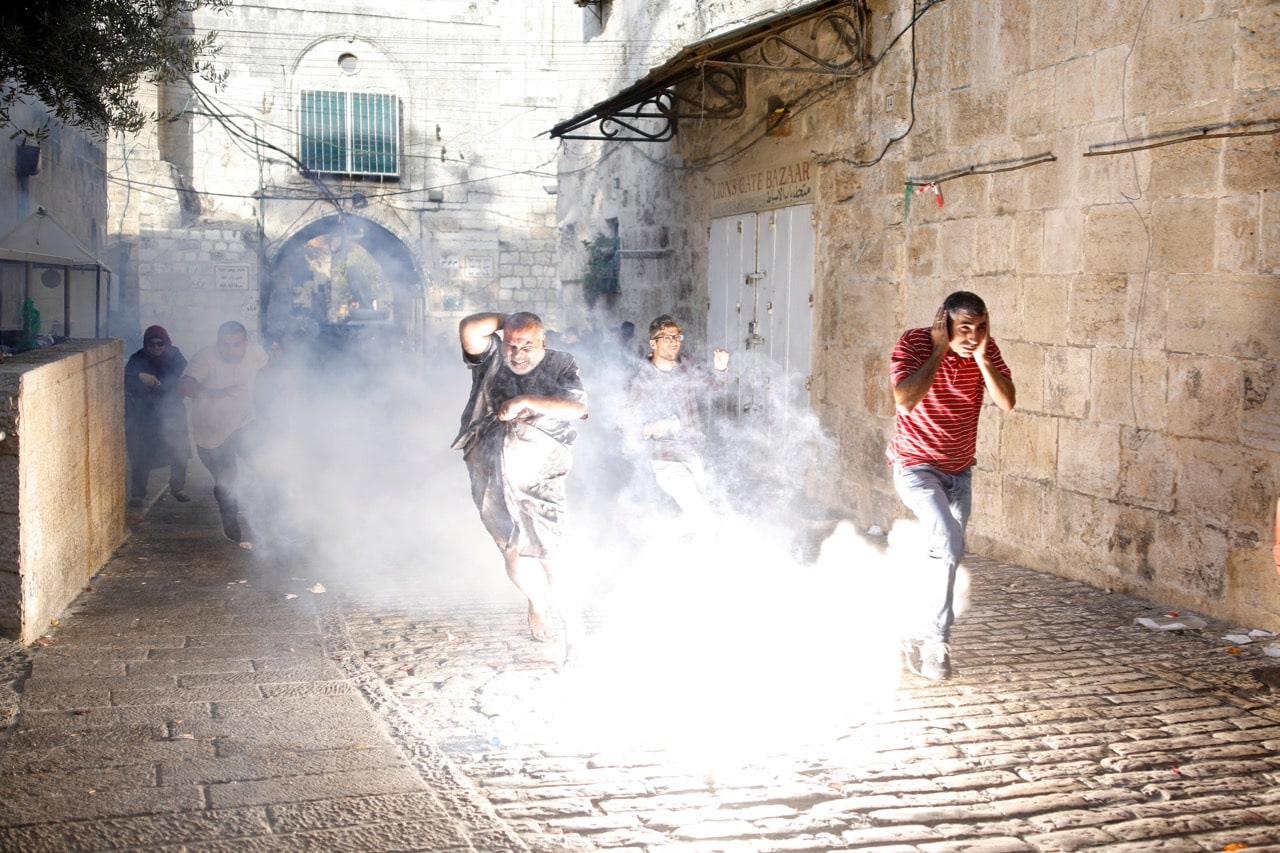
MENA round-up: Freedom of assembly and freedom of the press hit hardest in July
This July, protesters in Israel and Morocco were met with violence and journalists were subjected to harassment and denial of access, Lebanon banned protests, and 150 organisations met in Doha to discuss threats to freedom of expression in general, and the case of Al Jazeera in particular.
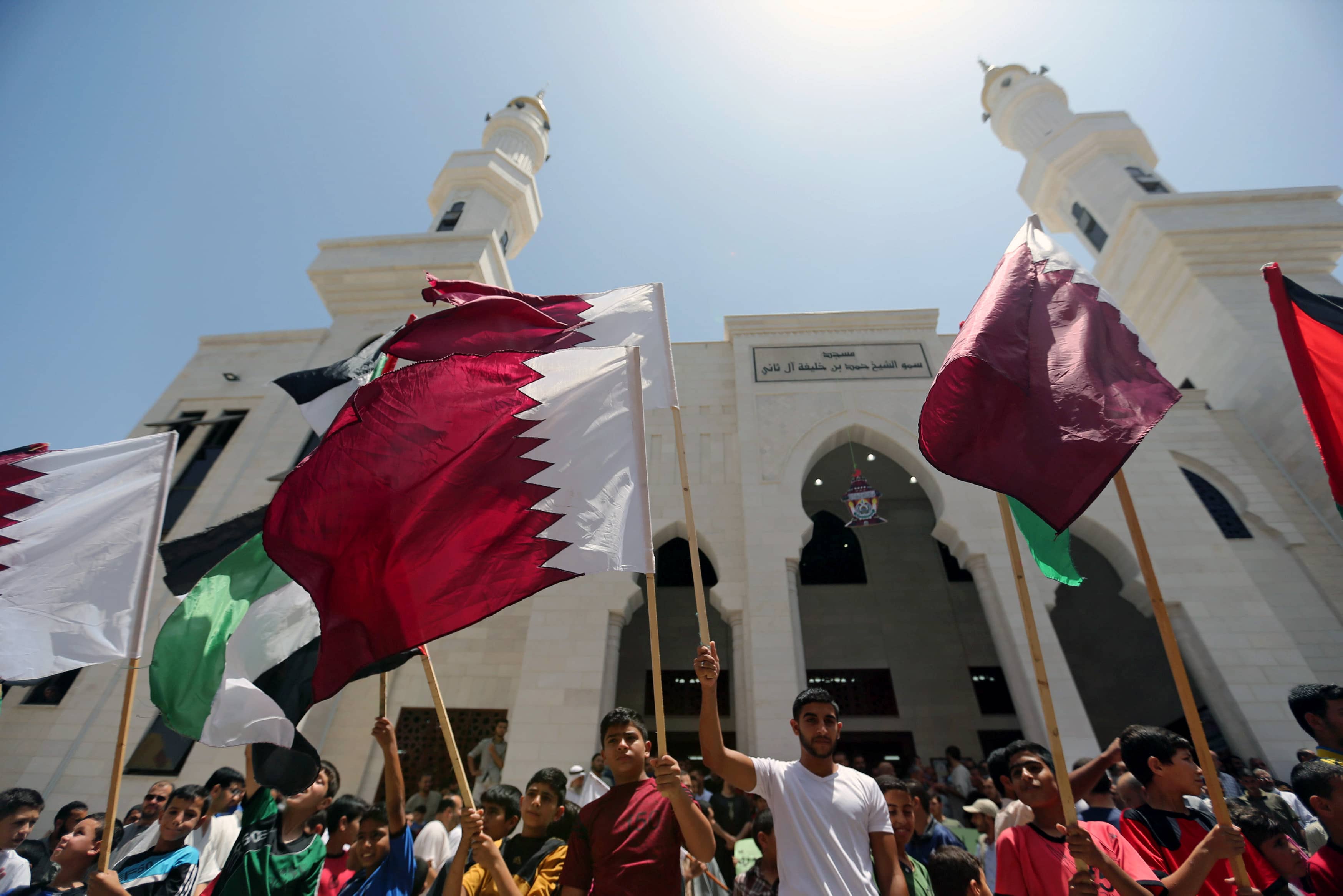
MENA round-up: A clear return to authoritarian tactics across the region
This June, the Gulf crisis and its ramifications on the right to free expression across the region dominated the news. Other developments included protests in Morocco and Lebanon, censorship in Egypt and the West Bank, and the loss of lives in Iraq.
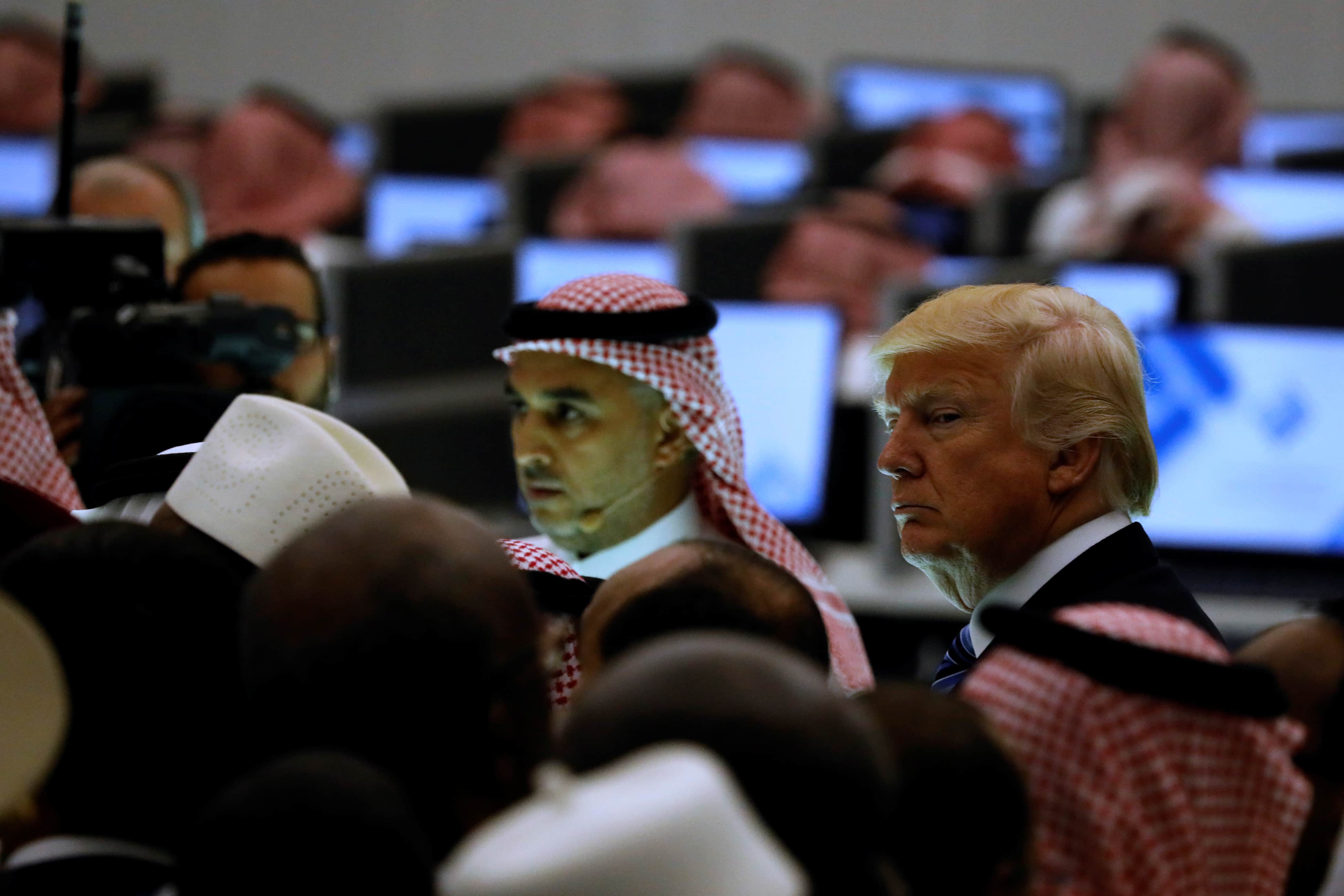
Emboldened regimes: Crushing Middle East dissent
As President Trump visited Saudi Arabia, repression hit new highs throughout the Middle East. But, though the level of repression to stamp out dissent may be new, the excuse was a very familiar one.
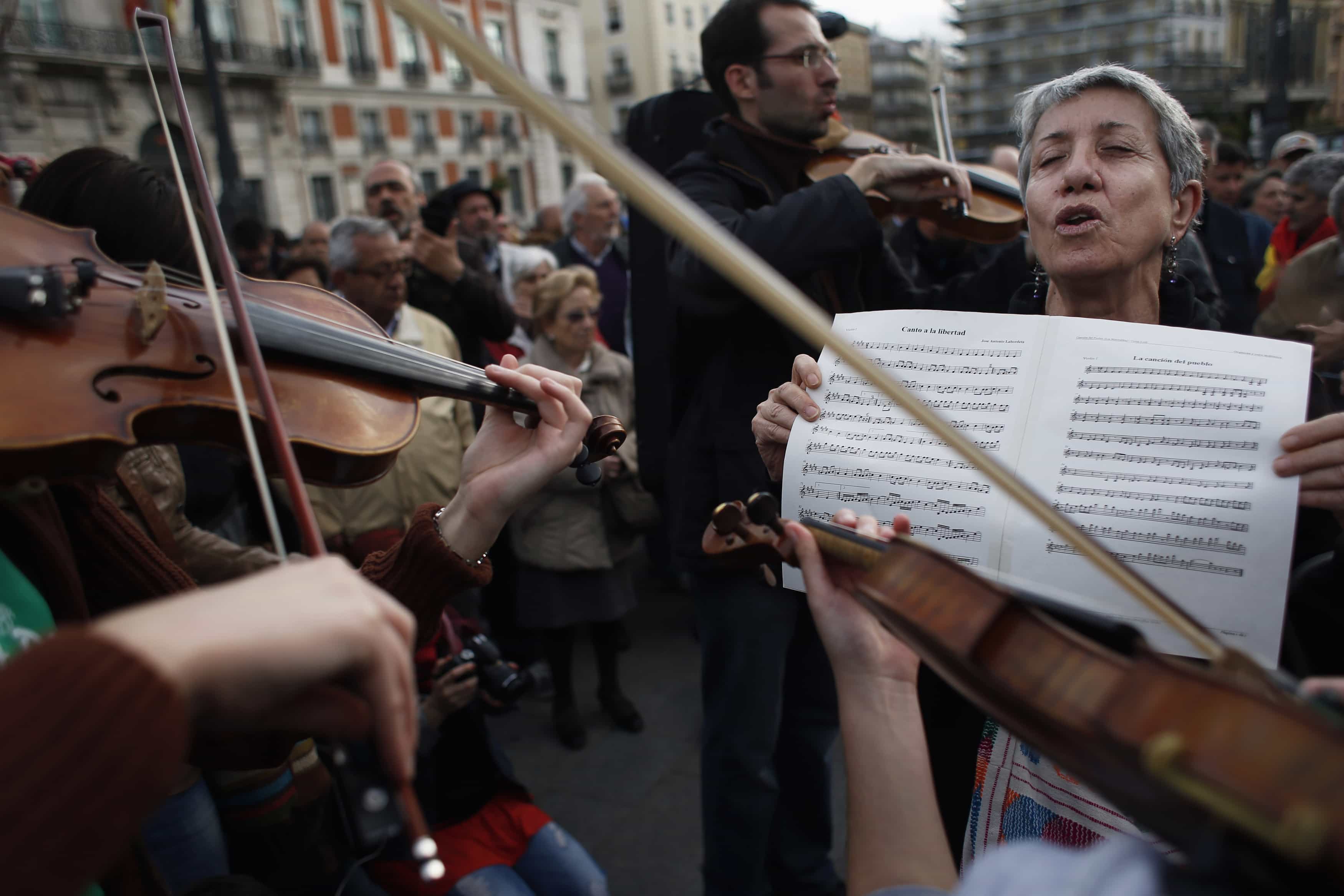
Every protest movement has its soundtrack
We were motivated by this year’s Music Freedom Day to share some songs that became unofficial anthems of some of the biggest protests in the last seven years. Click through to watch the videos.

Lebanon’s new weapon against corruption
A newly passed access to information law may finally allow Lebanese citizens to hold their government accountable.
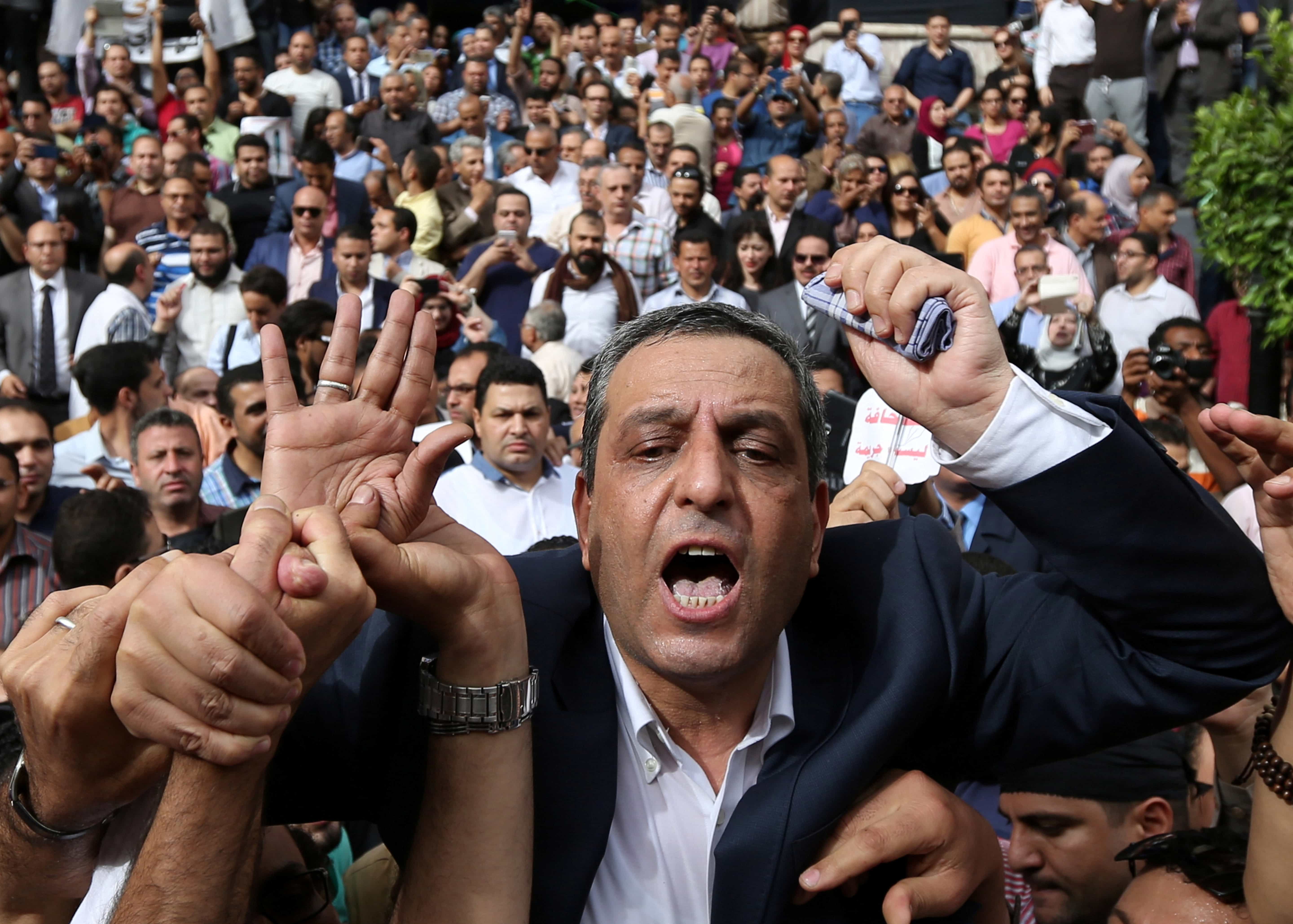
A new low point for Sisi’s Egypt?
After two years of prosecuting journalists for everything, from “spreading false news” to “participating in a gathering”, Egypt is now taking aim at a new target in its fight against dissent.

A new low point for Sisi’s Egypt?
After two years of prosecuting journalists for everything, from “spreading false news” to “participating in a gathering”, Egypt is now taking aim at a new target in its fight against dissent.

The Middle East’s unusual suspects: MENA round-up
Oman and Jordan are two of the most stable countries in their region. But, as Hiba Zayadin points out in our MENA round-up, things may be taking a sinister turn for regular Jordanians and Omanis.